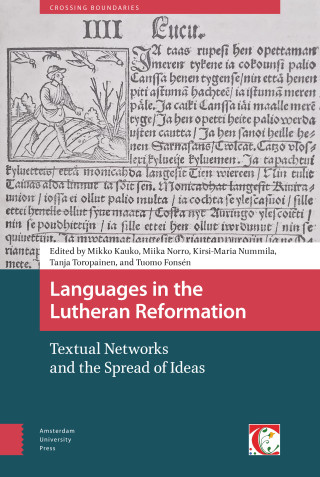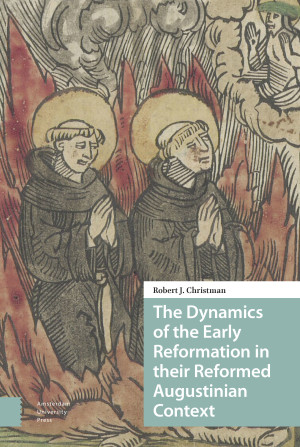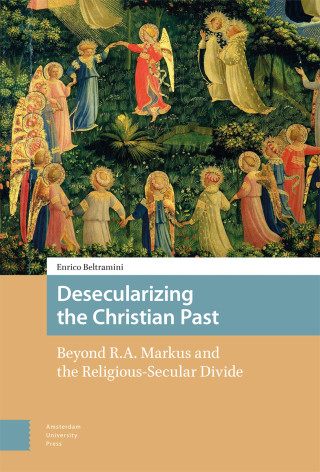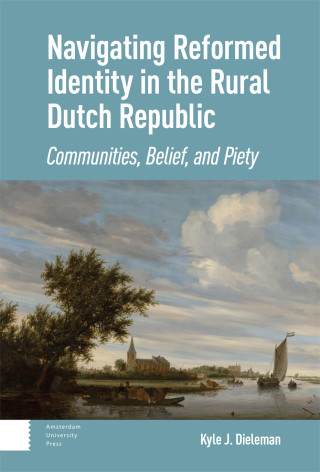On 1 July 1523, Johann van den Esschen and Hendrik Voes, two Augustinian friars from Antwerp, were burned on the Grand Plaza in Brussels, thereby becoming the first victims of the Reformation. Despite being well-known, the event barely registers in most Reformation histories. By tracing its origins and examining the impact of the executions on Martin Luther, on the Reformed Augustinian world, and on the early Reformation in the Low Countries and the German speaking lands, this study definitively demonstrates that the burnings were in fact the dénouement of broader trends within Late Medieval Reformed Augustinianism, as well as a watershed in the early Reformation. In doing so, it also reveals the central role played by the Augustinian friars of Lower Germany in shaping both the content and spread of the early Reformation, as well as Wittenberg’s influence on the events leading up to these first executions.





